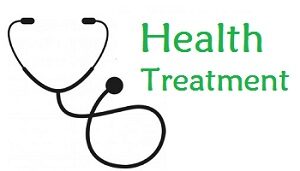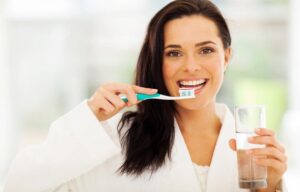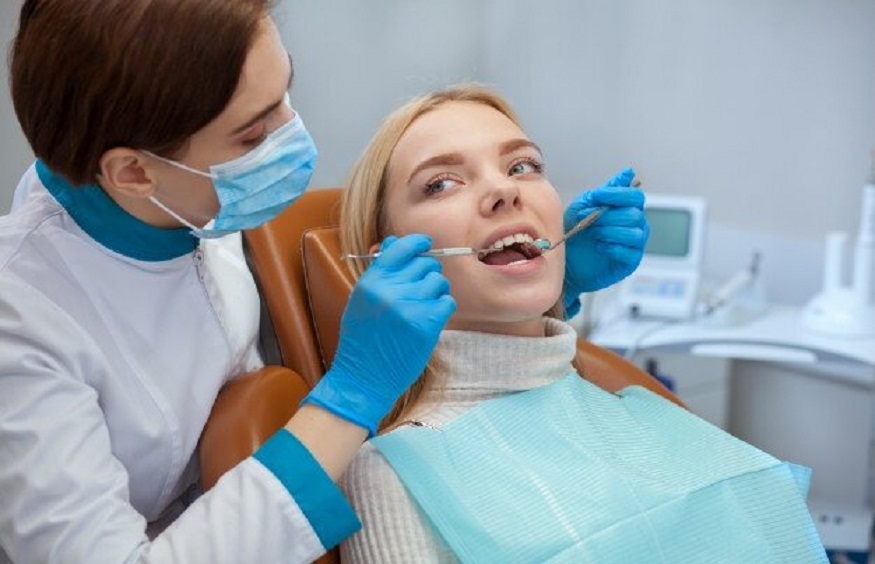Maintaining good oral hygiene is essential to maintaining overall health. Indeed, the mouth is in constant contact with countless bacteria on a daily basis. Discover our tips for properly cleaning your teeth and avoiding the appearance of cavities, bad breath, gingivitis or other pathologies.
#1 Buy a proper toothbrush
The first step to adopt is to get a toothbrush adapted to your needs. In general, it is recommended to use a small toothbrush with soft bristles. Thus, you will be able to clean all the corners of your mouth, as well as the interdental spaces. Remember to change your toothbrush every three months for optimal efficiency. It is an accessory for strictly personal use.
#2 Choose fluoridated toothpaste
Good oral hygiene also requires the use of a fluoride-enriched toothpaste (between 1000 and 1500 ppm), except for children and adults who have a contraindication. This trace element strengthens the crystalline structure of the enamel and helps prevent the appearance of dental plaque or cavities. Manufacturers offer a range of toothpastes for all needs: whitening, against tartar, for sensitive teeth or fragile gums, for example.
#3 Make the right brushing movements
We advise you to brush your teeth in front of a mirror to better master the brushing technique. Follow the same order to make sure you don’t miss any areas of your mouth. Brush the upper and lower jaw separately. Make circular rolling movements from the gum to the tooth. The brush should be angled at 45 degrees. Avoid vigorous rubbing, as you risk irritating your gums. Electric toothbrushes are a good alternative to manual toothbrushes to achieve the ideal rotation.
#4 Respect the brushing time
To allow the active ingredients of the toothpaste to act, you must brush your teeth for 2 to 3 minutes. To make the time seem shorter, do not hesitate to listen to music. The ideal brushing time corresponds to that of a song.
#5 Brush your teeth twice a day
In theory, it is recommended to brush your teeth after each food intake to eliminate dental plaque. This turns into tartar over time and requires descaling by the dentist. In practice, it is very difficult to brush your teeth 3 times a day. The World Health Organization therefore recommends brushing your teeth in the morning after breakfast and in the evening after dinner. Be careful, as certain acidic foods weaken the enamel. It is better to wait 30 minutes after a meal to brush.
#6 Use dental floss
Effective, the dental floss allows to remove the food residues which remain stuck between the teeth. Indeed, the bristles of a brush are generally unable to reach these interstices. Just cut 30 to 40 centimeters of dental floss and gently pass it between each of your teeth so as not to hurt the gums. You can perform this operation at least once a day. Be aware that there are also dental floss holders that are practical to handle.
#7 Use oral hygiene accessories
There are other oral hygiene accessories to complement brushing your teeth. This is particularly the case with interdental sticks or brushes, which are very useful in the case of prostheses (see our dedicated page) or loose teeth. This allows you to clean small spaces that are inaccessible with the brush. There are also water jets or pulsers that eliminate food waste through pressure. Mouthwash (preferably alcohol-free) is used to rinse the mouth after brushing. Finally, you can use the plaque developer to assess its presence. All of these products help you thoroughly clean the oral cavity.
#8 Chewing gum
Don’t have time to brush your teeth after your lunch break? The emergency solution is to chew sugar-free gum. This will increase the production of saliva which corrects the acidity of the mouth and protects against bacterial attacks. The other alternative is to bite into an apple. This fruit cleans the surface of the teeth without getting stuck in the gaps.
#9 Avoid snacking
To preserve the health of your oral cavity, it is strongly recommended to refrain from snacking between meals. Indeed, this bad habit creates an acidic environment in the mouth. Result: the bacteria multiply, which favors the formation of cavities.
#10 Visit a dentist regularly
To prevent cavities and dental pathologies, it is essential to consult a dentist. This specialist examines your oral cavity, performs scaling and diagnoses problems in time. Adults should consult at least once a year, twice for children. This is the last step to adopt for the beauty of your smile and the health of your mouth.




